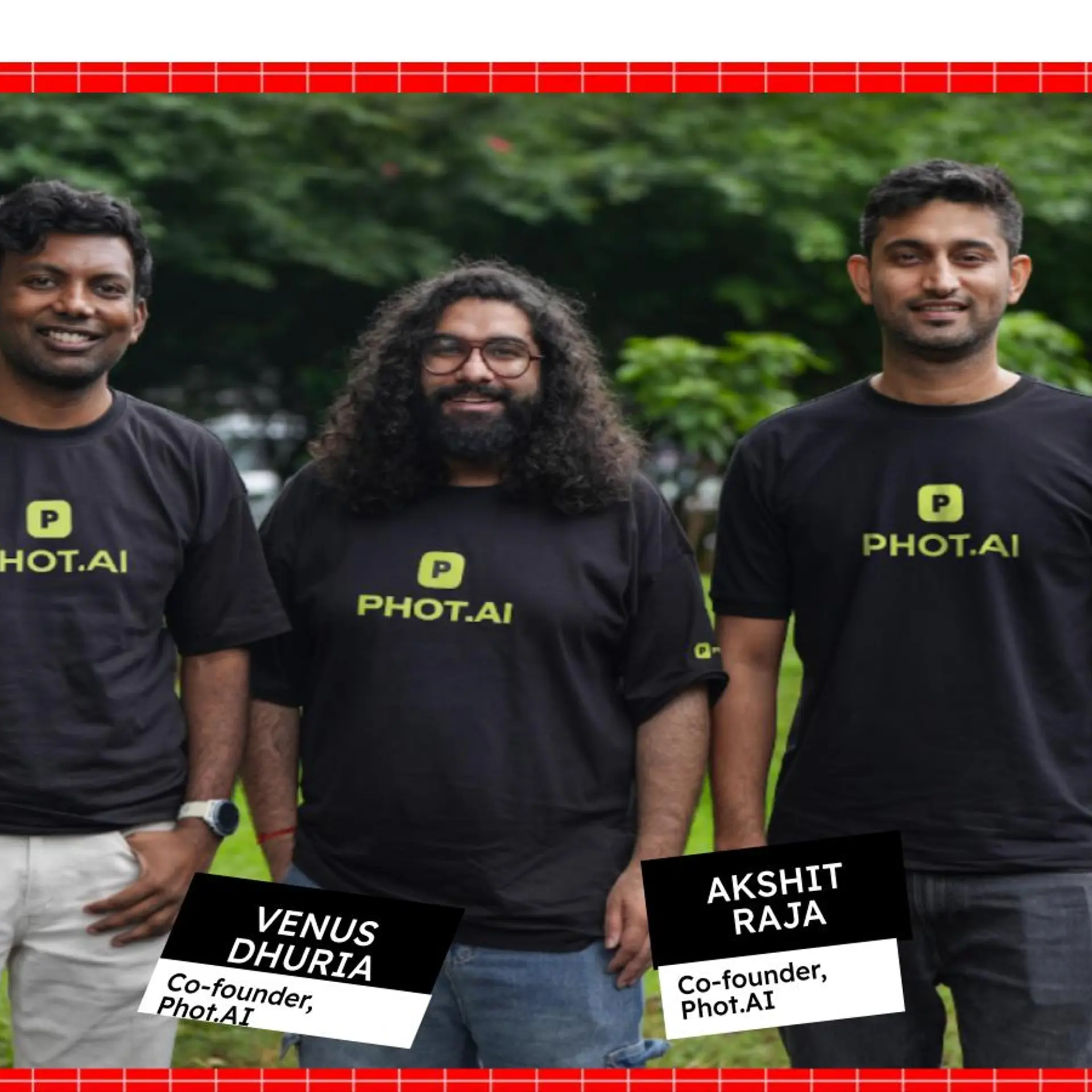Alibaba launches pilot project to fight food fraud using blockchain
Chinese e-commerce giant Alibaba is partnering with four Australian and New Zealand-based firms to create a food-tracing system built on blockchain technology that will help customers track the supply chain of foodstuffs ordered online, as well as prevent food fraud. The system, called the Food Trust Framework, was established last year through a Memorandum of Understanding (MoU) with Australian companies Blackmores and Australia Post and New Zealand-based firms Fonterra and New Zealand Post, and the project is finally entering the pilot phase now.

The Framework will use a public central ledger “to achieve end-to-end supply-chain traceability and transparency to enhance consumer confidence and build a trusted environment for cross-border trade”, according to a joint statement released by the four companies. Customers in China making purchases through Tmall Global, Alibaba’s international online marketplace will be able to check every step of the supply chain process pre-delivery for goods they purchase from Blackmores and Fonterra. The project will initially cover purchases of Blackmores’ Odorless Fish Oil products and Fonterra’s Anchor dairy products, with plans to roll out the initiative to cover other offerings in the future.
Speaking about the project, Alvin Liu, General Manager of Tmall Import & Export, said, “Food fraud is a significant global challenge, particularly with the growing complexity of supply chains...In response, we have created a coordinated, world-leading and robust framework that involves stakeholders from across the supply chain to improve visibility and enhance the confidence of both consumers and merchants.” As per Alibaba, research from Michigan State University shows that food fraud causes losses of around $40 billion to the global food industry each year.
Additional research by PwC also reveals that about 40 percent of food companies are unable to detect and counter fraudulent products using traditional methods, with 39 percent admitting that their products can be easily counterfeited. The Food Trust Framework aims to counter this situation through the publicly distributed power of blockchain.
Richard Henfrey, CEO of Blackmores, told The Drum, “Blackmores goes to extraordinary lengths to have visibility over our supply chain and each of our products passes 30 tests and checks before it is released for sale. So, we’re exploring ways to leverage the technology and data that can provide our consumers with assurance that their trust in our products is well-placed. Our commitment to quality doesn’t end in our distribution centre and we need to give consumers confidence in the products they purchase on e-commerce platforms.” Fonterra Greater China President Christina Zhu added, “Given the potential of emerging tech, including blockchain, we want to be at the forefront of developing food quality and safety standards across the supply chain. In China and many other markets, we know consumers want to be able to trace the products they purchase online, so we welcome being a part of creating a globally respected framework that protects the reputation of food companies and gives greater value and consumer confidence.”
Alibaba is not the first player to launch such an initiative. Rival JD.com launched the Blockchain Food Safety Alliance in December last year in conjunction with IBM, Walmart, and Tsinghua University National Engineering Laboratory for E-Commerce Technologies to improve food tracking and safety in China using Blockchain, and last month, it also launched a partner programme with agricultural firm InterAgri to track and vet the quality of meat sold to China. Blockchain as a technology is clearly seeing plenty of application in the food sector, and it will be interesting to see the impact of projects like the Food Trust Framework.







